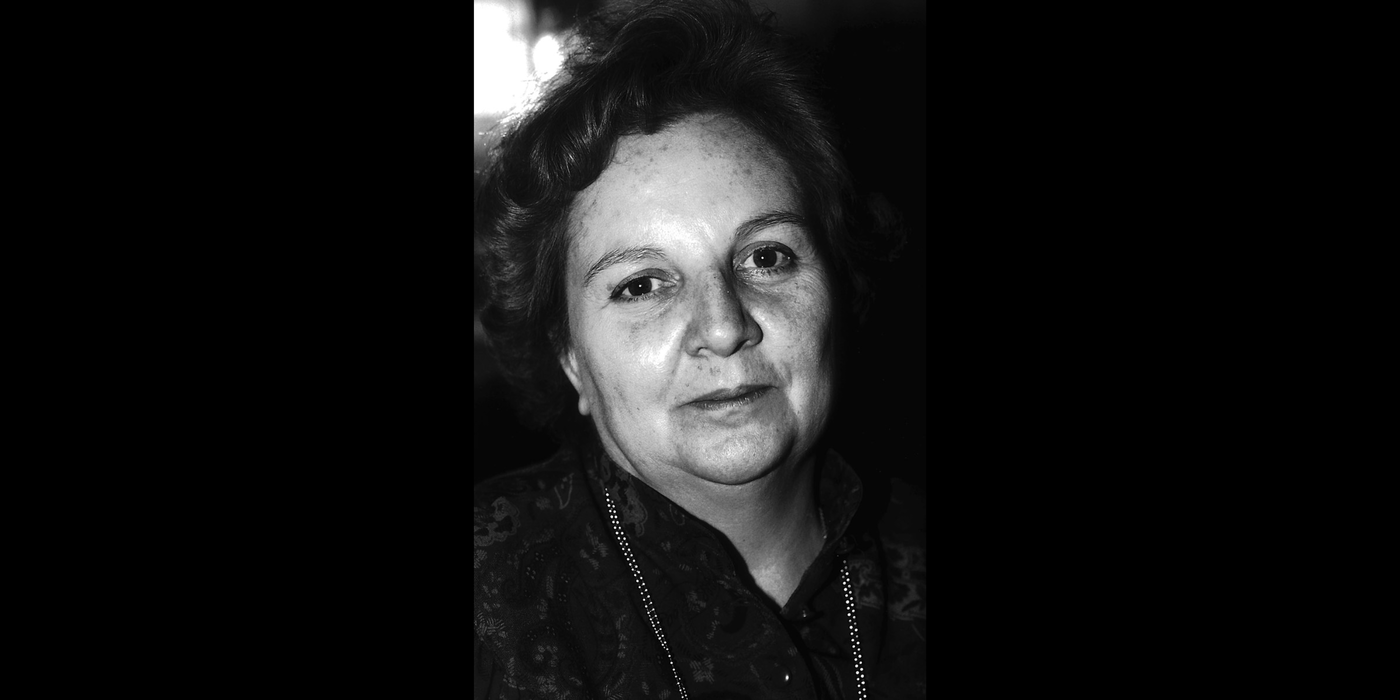Gabriel García Márquez’s 1962 short story, “Los Funerales de la Mamá Grande,” portrays the death of its larger-than-life Sovereign of Macondo, la Mamá Grande. In the story, la Mamá Grande was a magnanimous landowner and a respected leader whose authority was recognized by the world’s most important leaders. No one, the story exclaims, was indifferent to her passing, not the farmers, the bag-pipers, the prostitutes, banana farmers, or even the wizards of the kingdom. She commanded and orchestrated respect from all—she was “Macondo’s centre of gravity,” and the townsfolk believed she owned not only their lands but also the rivers, the rains, the telegraph poles, and heat waves. Upon recognizing her forthcoming and inevitable death, la Mamá Grande corners her eldest nephew, Nicanor, and, for hours, recites precise instructions on how to carry her responsibilities and obligations forward. When she finally arrives at her “invisible estate,” among which she includes the colors of the flag and the lessons of democracy, the effort has completely exhausted her. She passes with “a burp,” a loud, ungainly sound that shakes the foundations of the kingdom she commanded. For fourteen weeks, Macondo is subsumed in grief and instability. The Pope attends her funeral, and the national congress spends days deliberating what to do with her body. In the wake of her death, the noble people of Macondo were not only condemned to live in her shadow but also to try to remember her.

Across the Atlantic, the same year that “Los Funerales de la Mamá Grande” was published, a young woman named Carmen Balcells was leaving her job as a secretary of a mercantile union office in the bustling city of Barcelona. She had just married Lluis Palomares, and with the financial stability brought by marriage, she decided to pursue her dream of running a literary agency. For years, Balcells had been dabbling in the literary field. Around 1954, while working as a secretary, she accompanied a Brazilian lawyer who wanted to publish a book on visits to several publishing houses in Barcelona. During these visits, she befriended an editor, Joaquim Sabrià, and it was he who first suggested she become a literary agent. Sabrià introduced her to Vintilâ Horia, a Hungarian writer and agent at ACER, a small agency dedicated to translating foreign works into Spanish. She took a position as an informal messenger at ACER, carrying news from Madrid to Barcelona, the hub of the publishing industry in Spain. When Horia’s writing career took off, he turned his attention away from the agency. Although he offered to sell her the enterprise, Balcells did not have the necessary capital. And, because literary agencies as we know them did not exist in Barcelona during the late 1950s, Balcells could not readily work at any other agencies. She needed another option.
Balcells saw opportunity in the changing landscape of Spain’s publishing industry. With the contacts she acquired at ACER, she established her own agency.
Soon, she landed in front of Carlos Barral, editor of Seix Barral, a publishing house repositioning itself with up-and-coming Latin American writers. Barral proposed that Balcells broker international translation deals for his entire catalog and that she negotiate contracts with writers on the publishing house’s behalf. Balcells resolutely disagreed, noting the contradiction—injustice, even—of negotiating with penniless authors on behalf of a publishing house, which was already in the habit of taking advantage of writers. Barral acceded to a counteroffer and granted Balcells the right to sell foreign language translations for Seix Barral’s authors as an independent agent. In 1960, Agencia Literaria Carmen Balcells was formally born, housed in Balcells’s family apartment in central Barcelona. Over the next twenty years, Balcells’ agency developed into a bastion of literature, safeguarding the rights of some of the most important Spanish-language writers in the twentieth century.
Carmen Balcells became a powerful figure in international publishing. She was an acute scout of talent, a passionate champion of literature, a shrewd reader, a savvy businesswoman, a professional with an extensive network, and a commanding influence in changing the archaic models of the publishing industry toward practices that better compensate writers.
She was one of the forces responsible for the professionalization of the writer in the Spanish-language literary world, with consequences far beyond the shores of Latin America and Spain.
Among Balcells’ clients, we find seven Nobel Prize winners, as well as best-selling authors, the likes of which have not been seen in Latin American publishing since the boom—the name given to the market phenomenon during which the region’s literature rose to the international stage during the 1960s and 1970s. Balcells was widely respected among international literary circles throughout her career. Though some, particularly editors, sneered at her dogged pursuit of her client’s rights, most speak of Balcells with adulation.
I have been circulating Balcells’ story for seven years, sometimes convinced that I would write a biography, other times lured by more experimental media in an attempt to capture her legacy. Though she died in 2015, her memory has already been shrouded in myth, fiction, and gossip. Her clients have famously represented her in their fiction, where she was made into a cannibalistic mother, a vicious agent with a license to kill, or bathed in tears. In non-fiction, her story is only superficially recounted. Though she has been portrayed in collective histories of the Latin American Literary Boom and the biographies and memoirs of her writers, these texts skim the surface of Balcells’ accomplishments. In 2022, a Spanish-language biography written by a client and close friend of Balcells was published, but even this reads like little more than an anecdotal account of her life.
García Márquez wrote “Los Funerales de la Mamá Grande” years before meeting the woman who would fight tooth and nail for his oeuvre, but there is an uncanny parallel between the power Balcells wielded and that of the fictional character in Márquez’s story. Rightly or wrongly, I cannot help but correlate these women. Is it fitting to remember the agent using the stories she helped bring to life? I cannot imagine Balcells would be upset to find herself in the books that surrounded her throughout her career. And I also suspect we should be more ambitious and create pages of her own for her to inhabit.
Dominique Lear is a writer born in Mexico City. Working on a biographical study of Carmen Balcells, her writing has been featured in Latin American Literature Today and Expertos de Sillón, and she has spoken at the Feria del Libro Guadalajara and Stanford University about her research. She has a chapter about Balcells' work as an agent in The Edinburgh Companion to Women in Publishing, 1900–2020 published in 2024 by the University of Edinburgh Press. She lives in New York City, and dreams of getting a dog.


